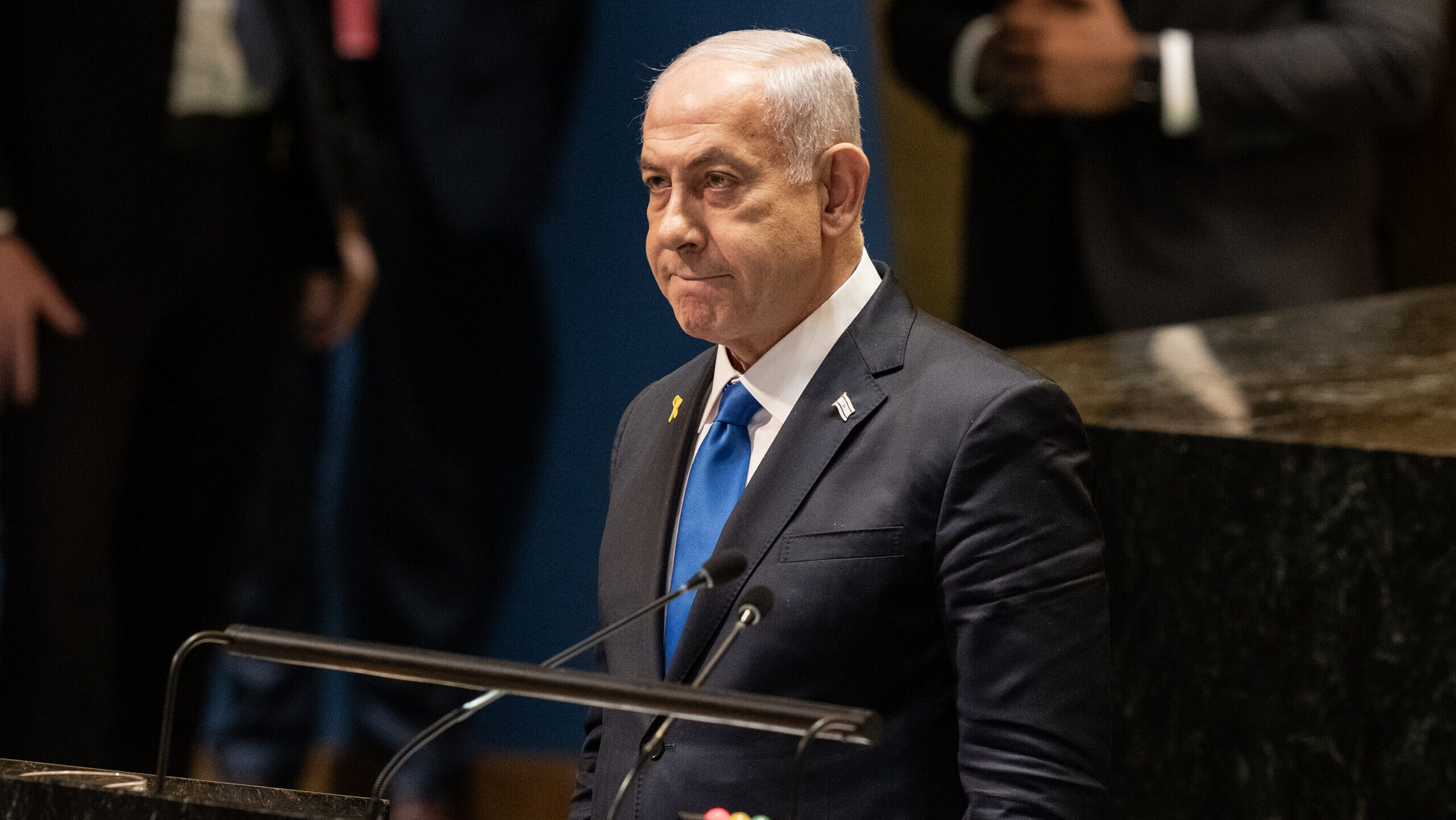The Majority of Israelis Support Netanyahu
Al-Ahram, Egypt, March 21
If Netanyahu had been certain that the families of Israeli hostages in Gaza and their sympathizers wielded enough political power to threaten his tenure, he would not have committed his latest crime—resuming the assault on Gaza with such ferocity that more than 360 people were killed in just the first five hours.
This sends a chilling message to those demonstrating for the release of the hostages: Their loved ones’ lives are now in grave danger, just as other captives have perished in past bombardments. Netanyahu does not know their exact locations, and his indiscriminate strikes offer no assurance of their safety.
In other words, he subscribes to a brutal calculus in which eliminating as many of Israel’s enemies as possible takes precedence over protecting the lives of Israeli hostages—an argument voiced most brazenly by Finance Minister Bezalel Smotrich.
This holiday season, give to:
Truth and understanding
The Media Line's intrepid correspondents are in Israel, Gaza, Lebanon, Syria and Pakistan providing first-person reporting.
They all said they cover it.
We see it.
We report with just one agenda: the truth.


Moreover, Netanyahu is fully aware that most political parties, their leaders, and the broader public endorse his actions against Palestinian civilians; their disagreements with him are limited to tactical details, not moral objections.
He would not have agreed to the ceasefire last January had it not been for pressure from Trump, who insisted on halting hostilities before assuming office. At the outset of his latest bombing campaign, Netanyahu made a point of announcing that he had briefed Trump beforehand, a statement later corroborated by the White House press secretary.
His first personal gain from this latest aggression came within hours: the postponement of his corruption trial. The Israeli attorney general announced last week that Netanyahu’s testimony would be delayed due to the renewed fighting in Gaza—an abrupt reversal from just three weeks prior, when prosecutors had rejected his request to slow down proceedings, emphasizing the urgency of expediting testimony.
They had even warned him to comply with court decisions. Yet, none of this prevented him from orchestrating a courtroom spectacle, theatrically receiving a sealed envelope mid-testimony and interrupting the session on the pretext of an urgent security matter.
Ahmed Abdel-Tawwab (translated by Asaf Zilberfarb)

